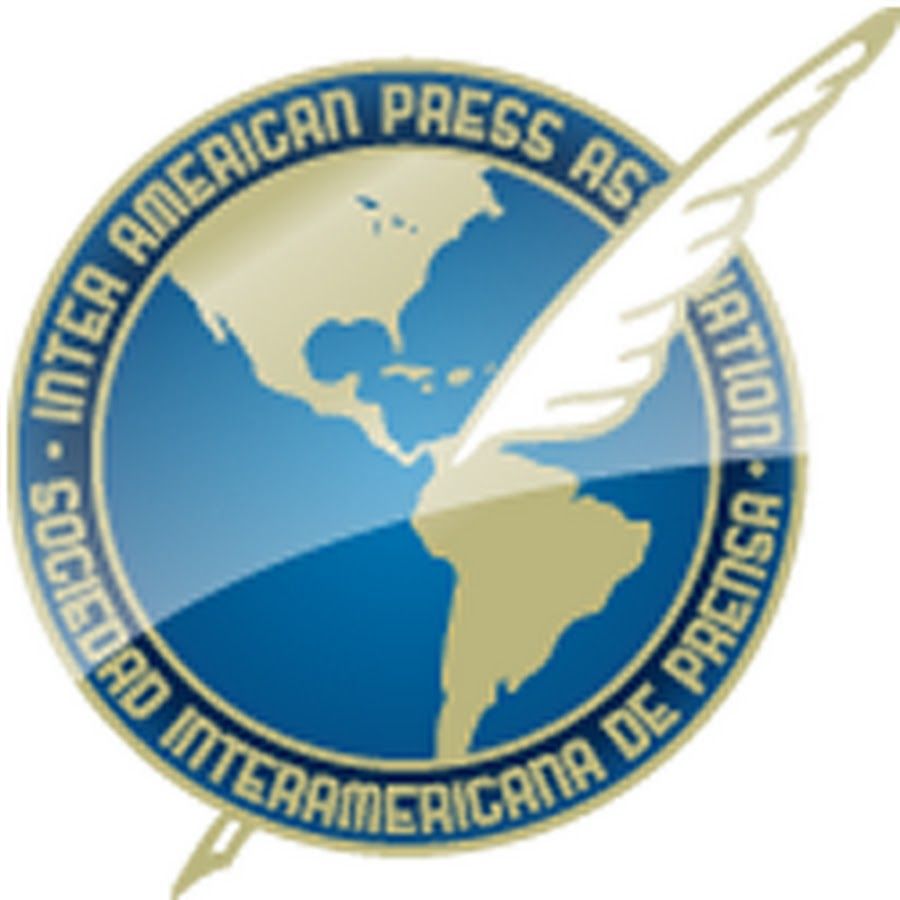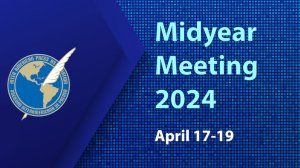In this period President Mauricio Funes and the leftwing FMLN party, through which he came to power, have taken different stances regarding relations with the news media.
The FMLN is maintaining a tough position and would intend to regulate the media, while the President has not endorsed any restriction on the practice of journalism, so there have been no relevant developments on the part of the government against freedom of the press.
However, there is a hearing under way in the Supreme Courts Constitutional Division in which under review is the constitutionality of an article of the Penal Code that protects the actions and free expression of individuals and the press, making defamation, slander and libel no longer criminal offenses.
At issue is a plea to the Court by a businessman against the Codes Article 191. That article refers to the Exclusion of Offenses, and if the plea prospers it would be a setback to press freedom.
Article 191 states: There shall not be punishable judgments unfavorable to political, literary, artistic, historical, scientific, religious or professional criticism, nor unfavorable concepts expressed by any means by individuals in the exercise of the right to Freedom of Expression, so long as in the manner of proceeding there is not shown a defamatory or libelous intent or an attack on the privacy or the reputation of a person.
Similarly, there shall not be punishable judgments unfavorable to political, literary, artistic, historical, scientific, religious or professional criticism, nor unfavorable concepts expressed or disseminated by those who practice journalism through news reports, features, investigative reporting, articles, opinions, editorials, cartoons and news items in general published in print, radio, television or online media in compliance with the duty to inform, by virtue of the right of information or the exercise of their job or function.
In any of the situations regulated under the two previous paragraphs they shall not incur any kind of criminal responsibility print, radio, television or online media in which are published the afore-mentioned judgments or concepts, neither shall the owners, directors, publishers or managers of news media or those in charge of programs as the case may be.
The Constitutional Division has the plea under study and has not yet pronounced, something which is keeping up in the air all the news media that have come together in an informational campaign in favor the legality of the article concerned being upheld.
Some of the Constitutional Divisions justices have merely said that there will be a resolution soon, but have not indicated what the decision might be.
The bill for a Law on Access to Public Information introduced in Congress in October 2008 is currently under debate in one of the legislative committees.
Some workshops have been held in conjunction with members of Congress and journalists in favor of such a law and some institutions are conducting a campaign seeking its approval. However, so far there have been no clear signs as to when it will be sent to the full Congress.
On March 11, a photographer from La Prensa Gráfica filmed a student fight, capturing the moment when one student used a knife to kill another, and the sequence was published.
The Second Judge of Minors in San Salvador, Isabel Ponce, demanded an investigation thereafter for having published the photographs and names of the aggressor and his victim, considering that both were underage and that therefore there had occurred a violation of special provisions on withholding identities, as specified in the Juvenile Crime Law.
The Judge has asked the General Prosecutors Office of the Republic to determine responsibility for the publication. Although the reaction of the Prosecutors Office is not yet known, the event has generated an intense debate in the media, brought on by the climate of general insecurity in the country.
next events
Madrid, Spain





